Most Americans have heard the criticism toward the taste of U.S. chocolate and other foods. The U.S. has notoriously relaxed regulations when it comes to food, which is why Mountain Dew and other American classics snacks have been banned in most European countries.
Mountain Dew is not the only American classic to be banned from Europe for their ingredients. Why do these products get banned? Let’s get into it.
Why Are Certain U.S. Foods and Drinks Banned in Europe?

The Food and Drug Administration and the Department of Agriculture are the two government-funded organizations to keep packaged foods, fish, and livestock productions safe. However, additives do not seem to concern these organizations.
Three dyes have been contaminated with benzidine and other carcinogens and flame retardants in most American food products, which is why many of these products are not available in other countries.
Who Isn’t “Doing the Dew”?
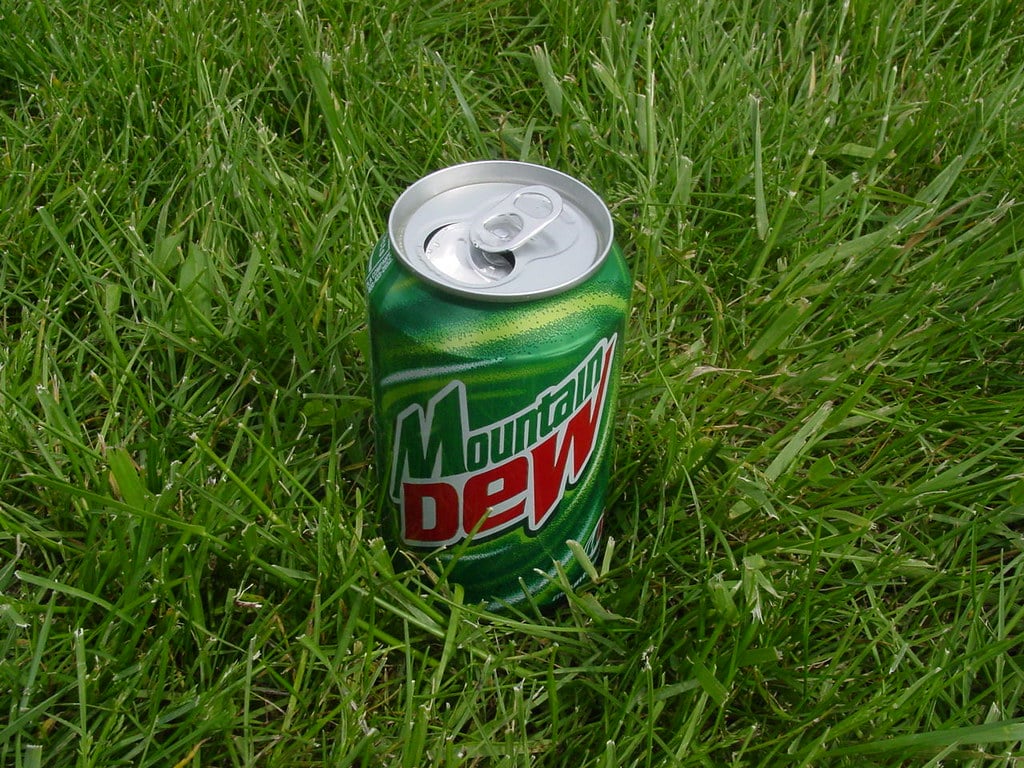
Mountain Dew and Fresca are not doing the Dew in Europe thanks to the brominated vegetable oil in its ingredient list. Japan and the European Union banned BVO because it contains bromine, an element found in brominated flame retardants.
This can build up in the body and lead to memory loss, skin, and nerve problems. The grapefruit-flavored soda, Fresca, is also banned because it has BVO.
Got Milk?
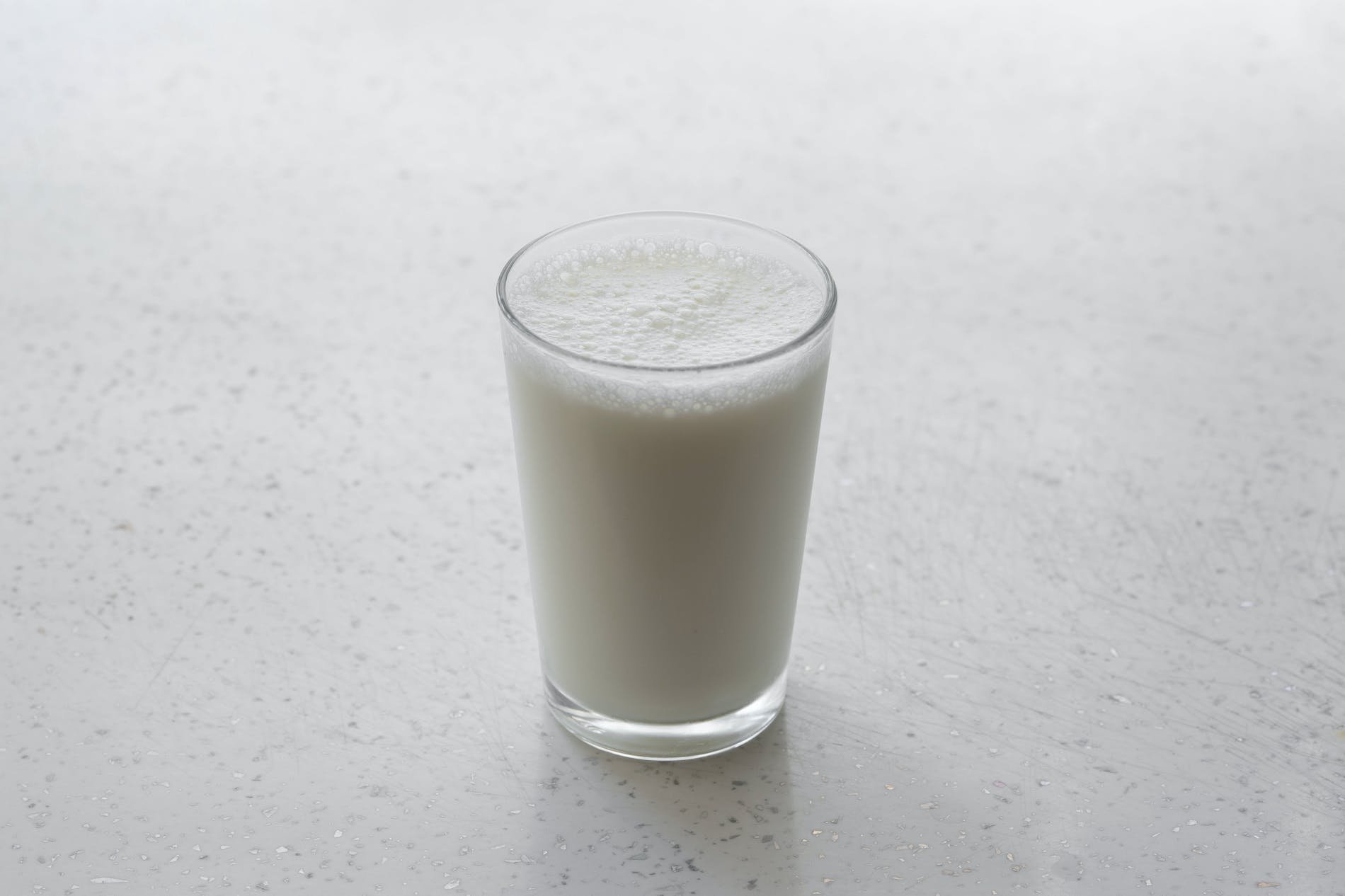
Surprisingly, U.S. milk is not qualified to be sold in other countries. U.S. milk is treated with rBST, which are artificial hormones that stimulate milk production. Countries like Canada and the European Union have banned this, preferring fresher milk.
The FDA believes that there is no difference between milk production by cows treated with rBST. However, the “ultra heat treated” milk to kill the bacteria does taste different.
The Deadly Sweet Treat
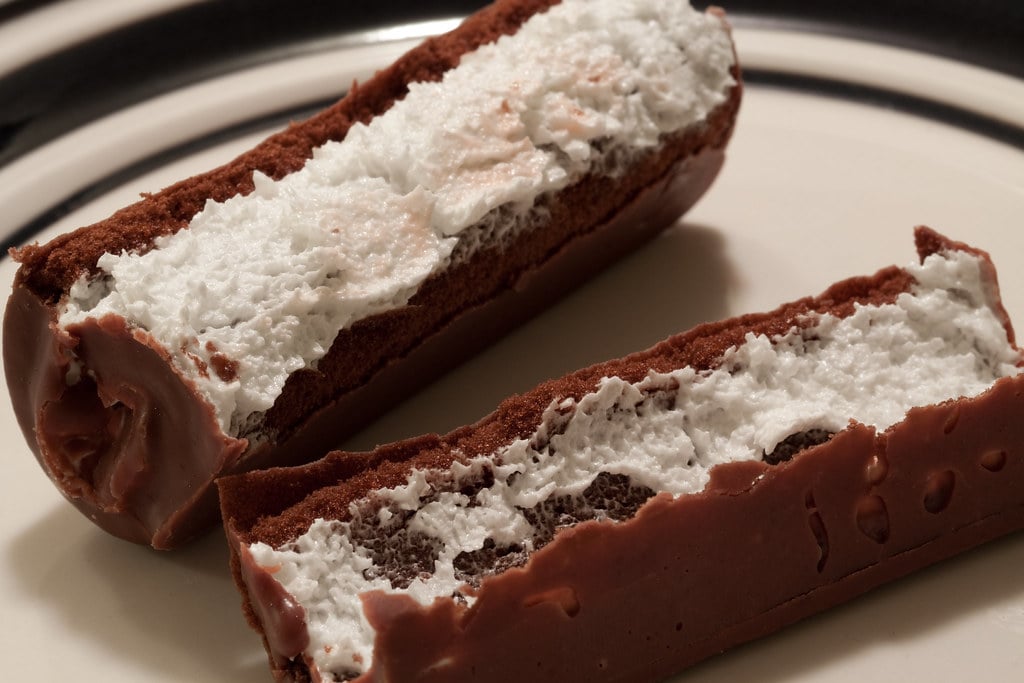
Who doesn’t love a sweet treat? Unfortunately, that Little Debbie Swiss Roll you’re craving might not be a hit after you discover the problematic dyes in that treat. Yellow 5 and Red 40 are food dyes that have come with a warning label in the European Union, according to The New York Times.
The dyes are also banned in foods for infants and young children, while Norway and Austria have banned all chocolates that include the treat.
Time For a New Creamer
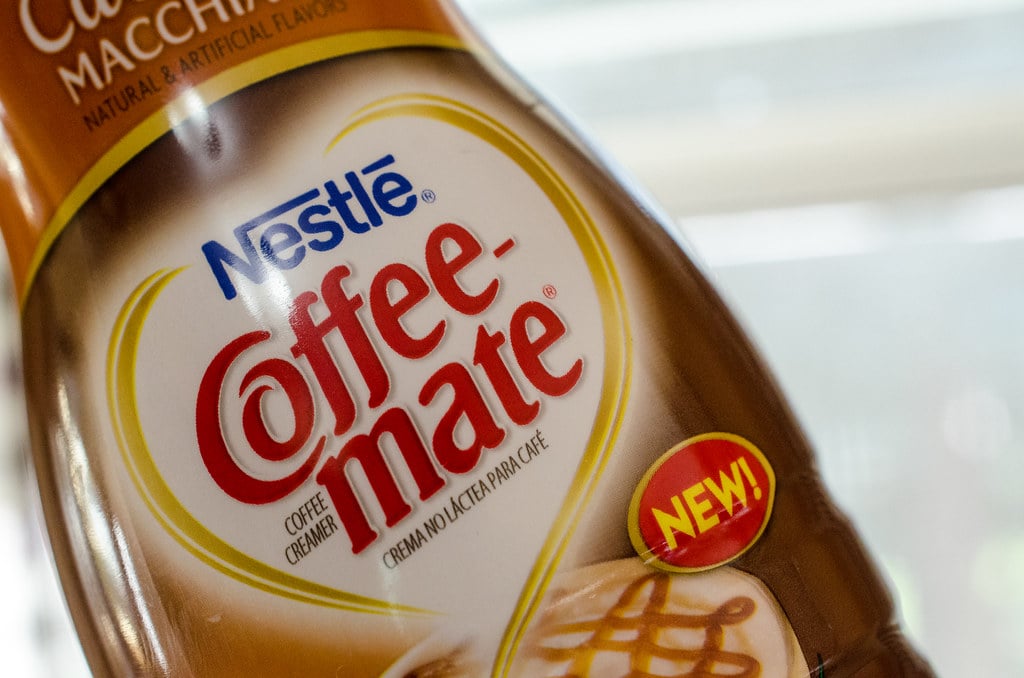
If you can’t bring coffee straight like me, then that creamer in your fridge is your best friend. However, the news about Coffee-mate creamer might break your heart, or at least clog your heart up.
Trans fats like partially hydrogenated soybean and cottonseed oils in the creamer are linked to heart disease and have been banned in the U.S., but they do linger in some food products (via Mashed). Read the ingredients before you buy!
Drum Roll Please
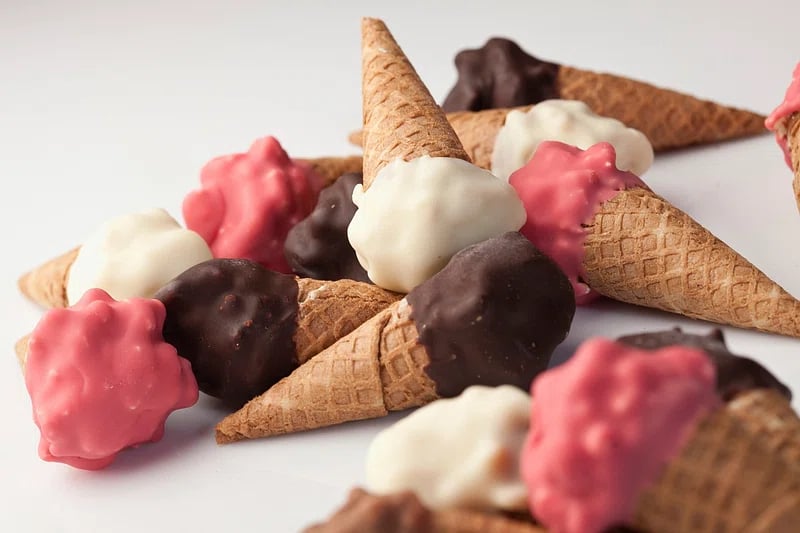
Growing up, a Drumstick was the perfect treat after a long day. However, Drumsticks have an additive derived from seaweed that can affect the human digestive system to make the ice cream texture creamy. The effect of carrageenan has been limited to food products like baby food in the European Union.
According to the Cornucopia Institute, carrageenan isn’t listed on any product’s ingredient panel when it is “used as a processing aid or included in ingredients used in the final product,” like the cream used for ice cream.
Cracking Open a Different Cracker
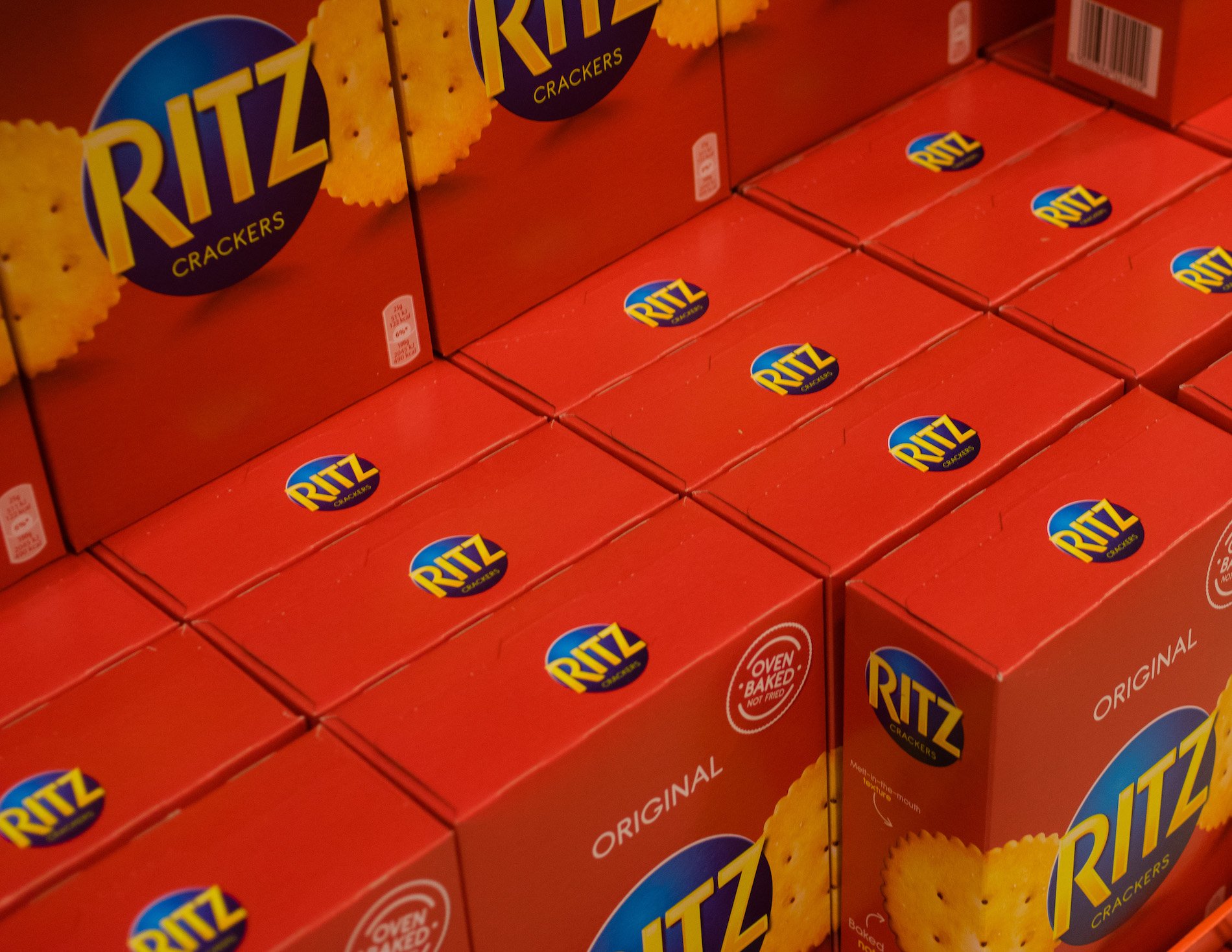
Dressing up your charcuterie board? Put down the Ritz crackers! In Switzerland, Austria, Hungary, Iceland, Norway, and Denmark, the Ritz crackers have been banned due to the hydrogenated cottonseed oil, which has been linked to poor heart health (via Healthline).
The FDA ruled that the types of oils are “not generally recognized as safe,” but certain loopholes allow certain products to include this trans fat.
Is Your Heart Worth the Biscuit?
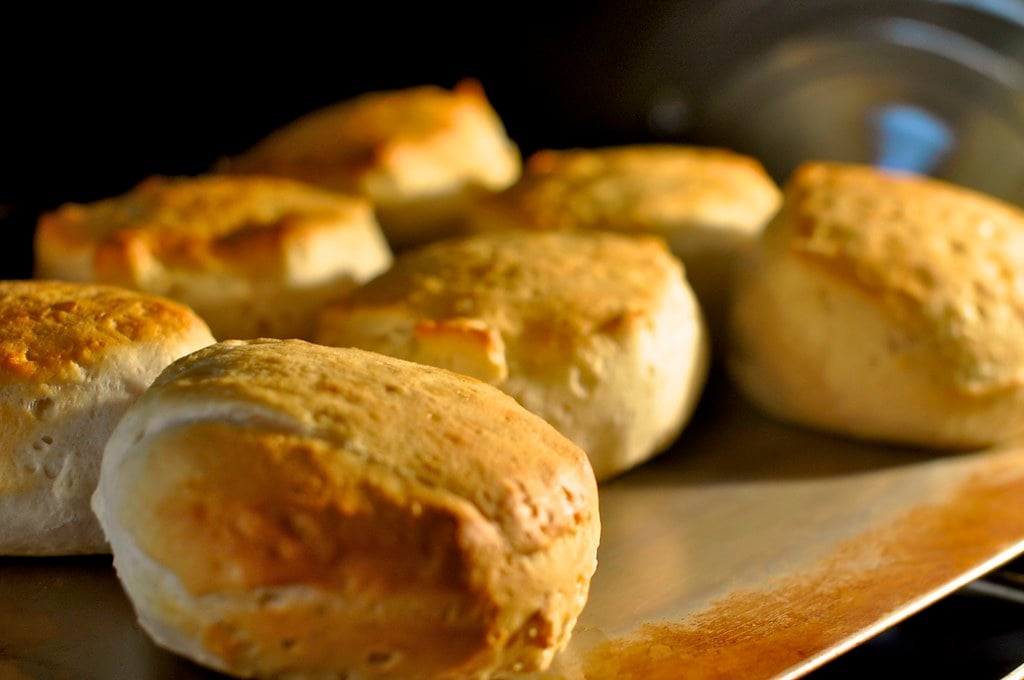
There is nothing more satisfying than busting open a can of Pillsbury’s biscuits or crescent rolls. However, these are banned in most European countries due to the hydrogenated oils included in their ingredient lists.
These hazardous oils could mess with your heart, which is why the European Union is trying to protect its citizens from the layers of buttery, flaky biscuits.
The Rainbow Is Tasting… Different?
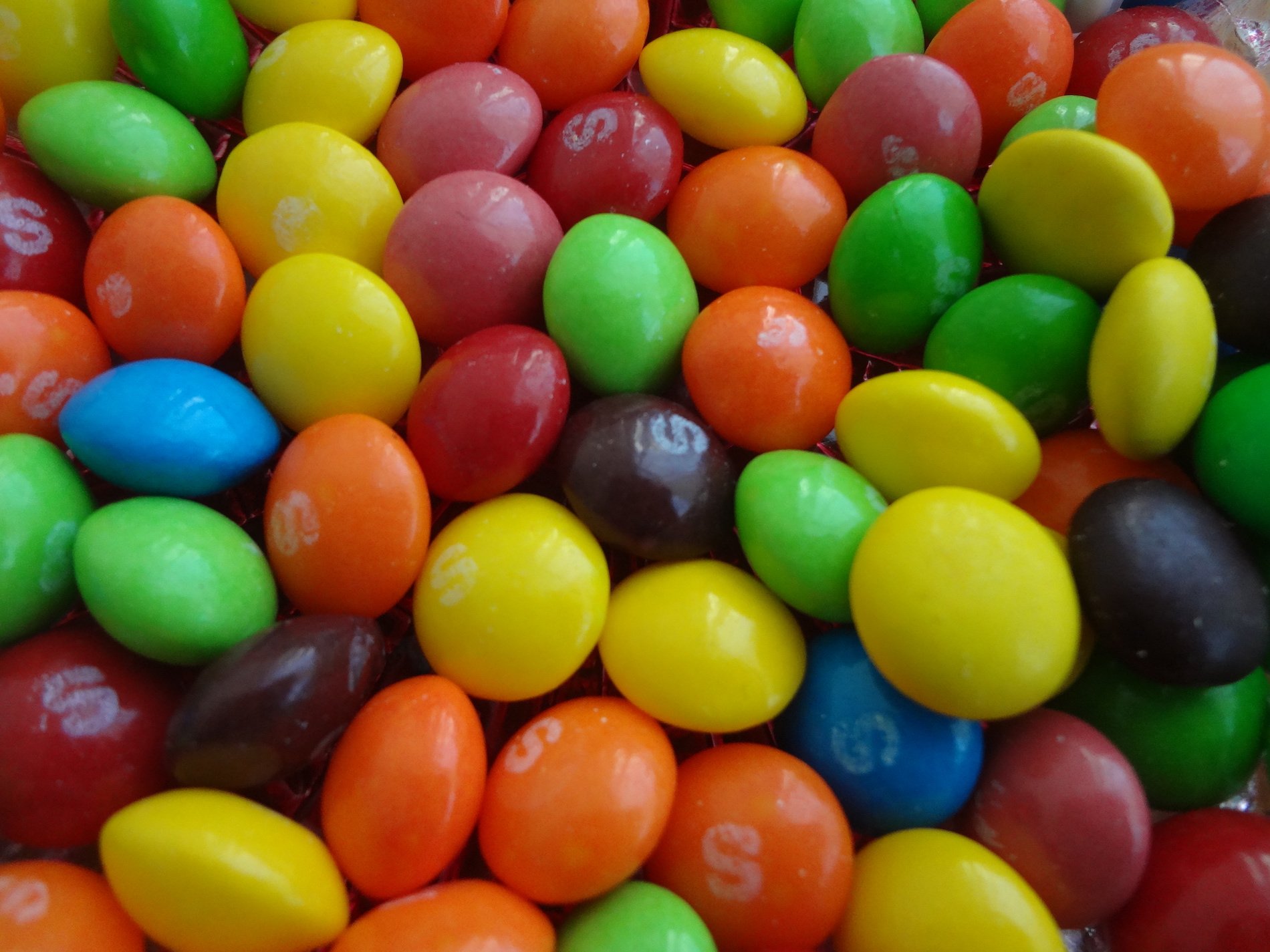
You might be tasting a different rainbow when eating Skittles. According to a study, the popular candy has Yellow 5, Yellow 6, and Red 40, dyes that have been known to have an adverse effect on young children.
The European Union banned these dyes in food for infants but encouraged others to be cautious of eating food containing the dyes with a warning label. Norway and Austria have banned them completely.
Not the Best Way to Get You Electrolytes
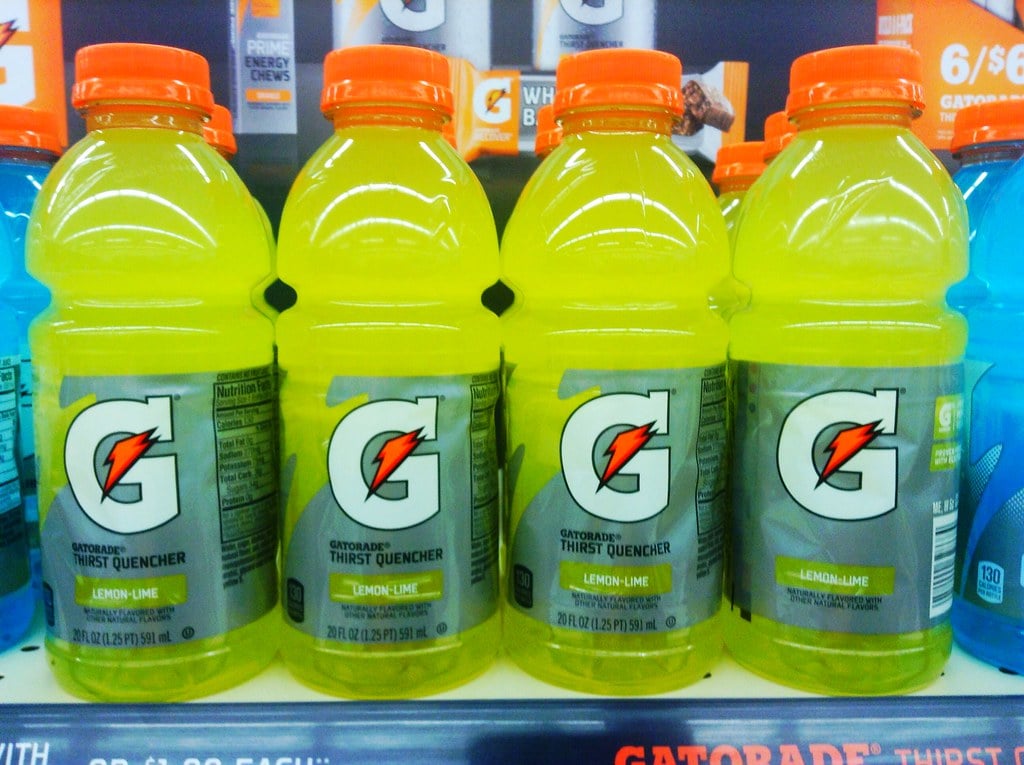
Mountain Dew and Fresca are not the only beverages to be banned from the European Union. Gatorade, a sports drink that claims to replenish electrolytes, contains food dyes Yellow 5 and Yellow 6.
As you now know, the dyes are banned in most European countries for infants but come with a warning label for everyone else.
Pop-Tarts Are Not Safe Either
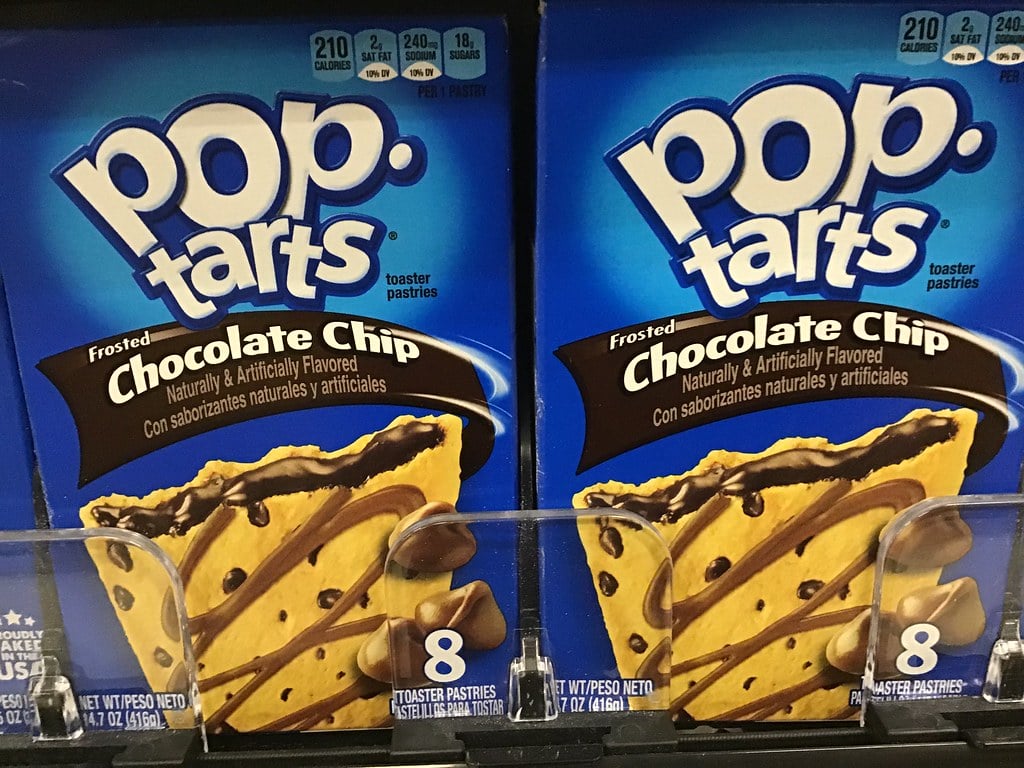
While Pop-Tarts do not contain any flame retardants, carcinogens, or other especially harmful chemicals, they still are banned by certain European countries. Why? The inclusion of food dyes Yellow 5, Yellow 6, and Red 40 (via Stacker).
According to AARP, Finland, France, Austria, Norway, and the U.K. have banned these dyes, which means you can’t find Pop-Tarts while visiting those countries.








































